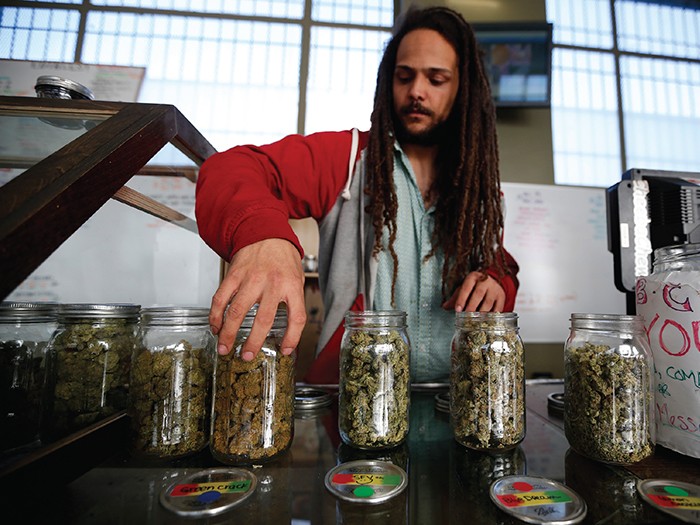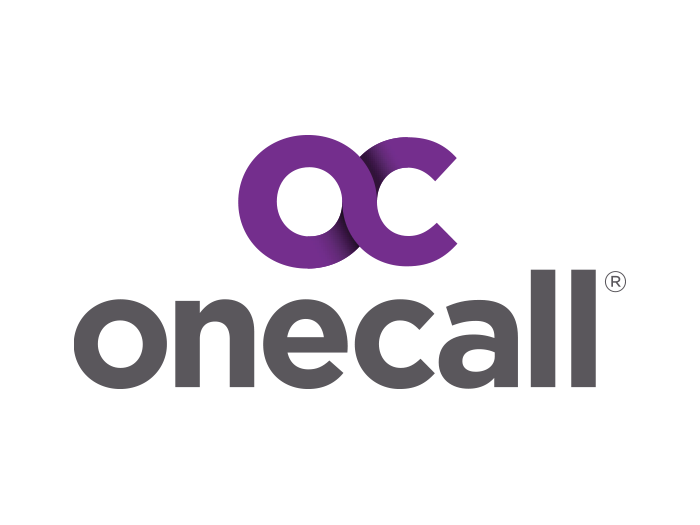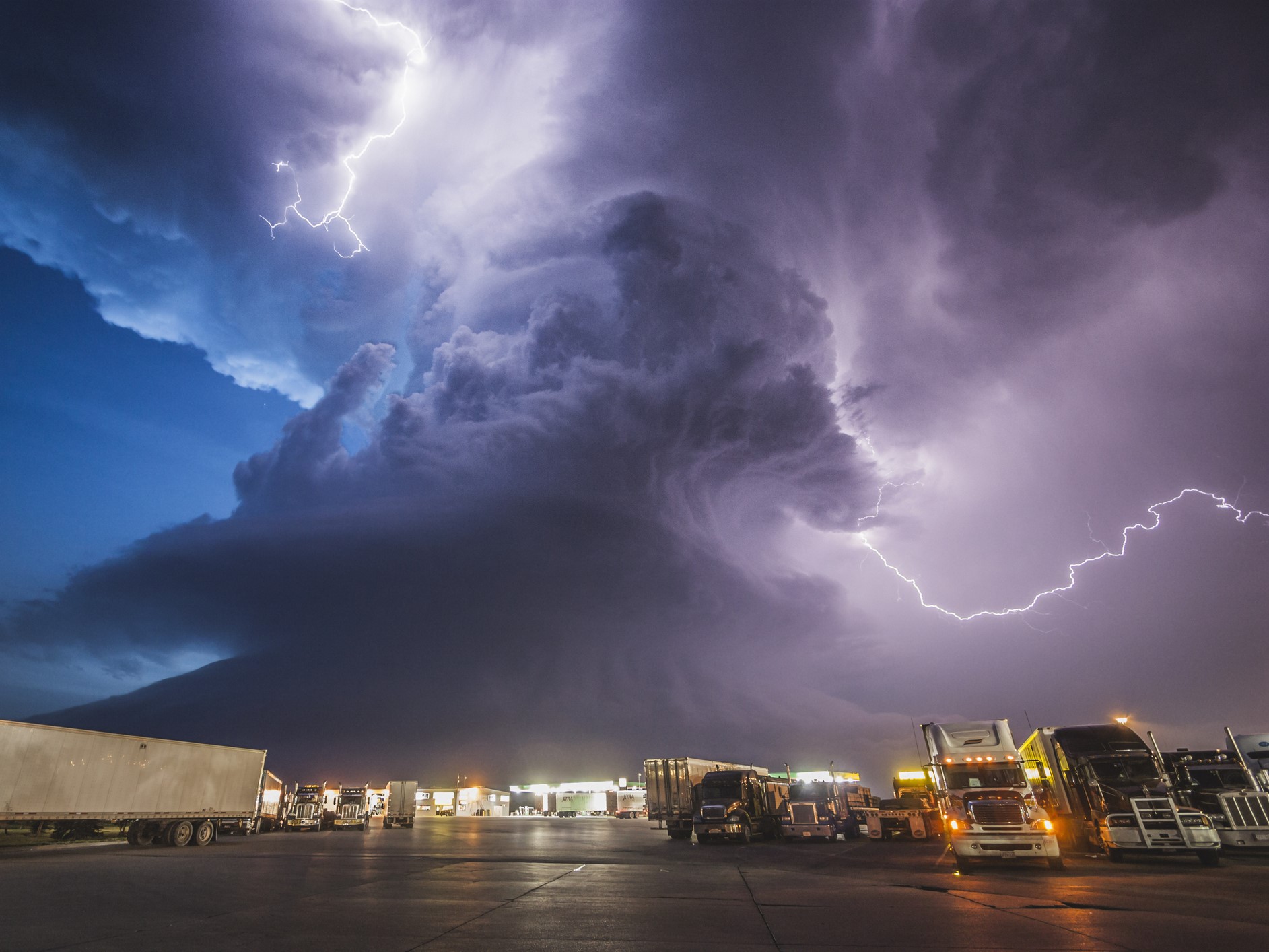Court Rules That Marijuana ‘Modifications’ Not Covered Under Policy

KVG Properties, Inc. took Westfield Insurance Company to court after the insurer refused to pay for damage done by former tenants.
The tenants had been growing marijuana inside KVG’s industrial business units, which the company rented out. The illegal farming “project” was revealed to KVG only after DEA agents executed a search warrant. Immediately, KVG filed eviction actions against the tenants in several units.
KVG also learned the marijuana growing operations seriously damaged its property: The tenants removed walls, cut holes in the roof, added HVAC ductwork and gas lines, and damaged the existing heaters and air conditioning units. The walls, floors and ceilings were damaged due to prolonged exposure to moisture.
KVG obtained eviction orders for the tenants. Then, the company contacted its property insurer, Westfield, with the extent of the damages: $18,183 for the electrical systems, $74,550 for the HVAC systems and $418,162 for replacing and repairing the units in general.
Westfield denied coverage. The policy, the insurer said, excluded coverage for illegal or dishonest acts. While marijuana may be legal at the state level, the insurer said, it’s still an illegal federal offense. Additionally, unauthorized construction was not covered under the policy; the tenants removed walls without permits.
In court, KVG conceded that illegal and dishonest activities were excluded in the policy, however, the company argued the tenants were actually vandalizers who destroyed the property without KVG’s knowledge. The policy included vandalism, KVG said, and therefore the damages should be covered by Westfield.
The court dismissed this theory. Instead it found that the Westfield policy was sound in excluding acts illegal or dishonest in nature. The tenants, while acting without authority or permission from KVG, were there under the guise they would be conducting “office and/or light industrial businesses.” Their operations fell under the dishonest act exclusion.
Further, the court said, the property policy excluded unauthorized construction. Again, KVG did not condone its tenants’ activities, however its property still went through unauthorized construction, with walls being removed and holes being drilled into the roof. The policy, the court concluded, held firm.
Scorecard: Westfield is not responsible for the property damages caused by illegal marijuana growers who rented out space from KVG Properties.
Takeaway: When renting out part of one’s business or property, be sure to review coverages surrounding the behavior and actions of tenants.










